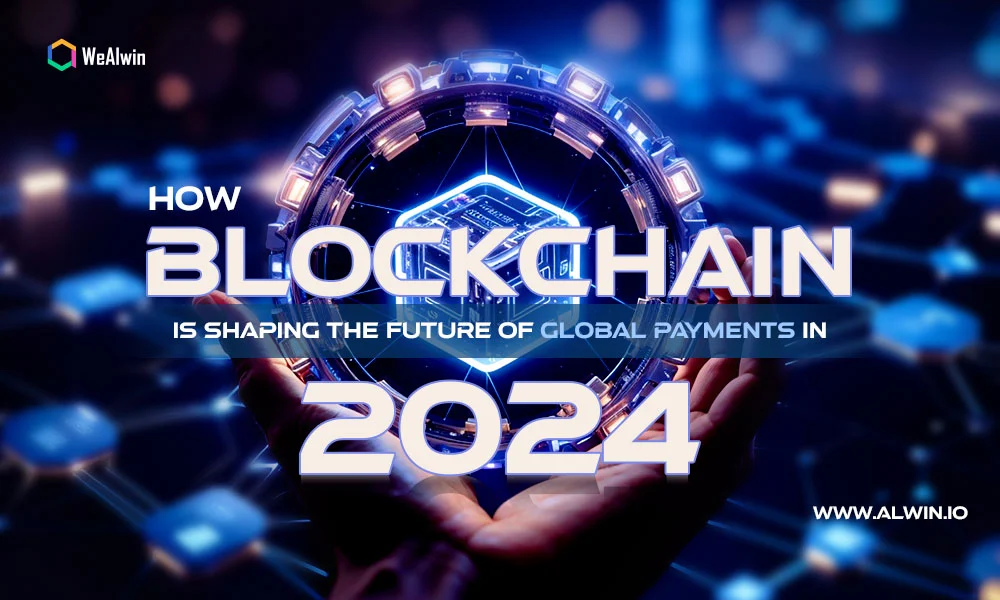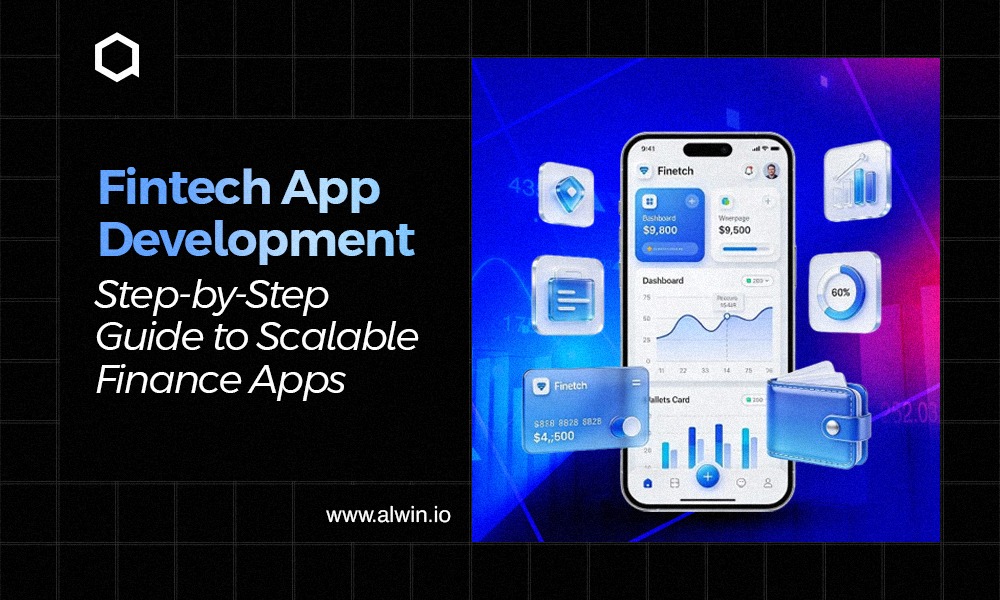Blockchain technology has emerged as a game-changer in the world of finance, and the realm of global payments is no exception. As we look ahead to 2024, it is clear that blockchain is shaping the future of global payments in unprecedented ways.
Evolution of Global Payments:
Global payments have come a long way since the days of bartering and carrying physical currency. Over time, advancements in technology have transformed the way we send and receive payments across borders. From the introduction of bank transfers to the rise of digital payment platforms, the evolution of global payments has been driven by the need for faster, more efficient transactions.
However, despite these advancements, the current global payment system still faces numerous challenges.
Traditional payment methods are often slow and costly, with high fees and lengthy settlement times. Additionally, the reliance on intermediaries introduces the risk of fraud and increases the complexity of cross-border transactions.
How is Blockchain Shaping the Future of Global Payments in 2024?
The way we exchange money is on the cusp of a significant transformation. Forget the days of clunky cash registers and waiting days for international transfers. Blockchain technology is quickly changing the face of international payments and providing an immediate, safe, and easily accessible future.
A Frictionless Future for Global Transactions:
Imagine sending money across borders with the same ease as sending an email. Blockchain eliminates the need for intermediaries like banks, streamlining the process and slashing those exorbitant fees. Transactions are completed in seconds, not days, making international commerce smoother and faster.
This opens doors for businesses of all sizes to participate in the global marketplace without the burden of slow and expensive transfers.
Cash? Who Needs Cash?
The rise of digital wallets and peer-to-peer (P2P) payments powered by blockchain is rendering physical currencies obsolete. This is not only practical and reduces the possibility of theft, but it also encourages financial inclusion. For those without access to traditional banking systems, blockchain offers a secure and reliable way to store and transfer value.
Introducing Smart Contracts: Automating Transactions
Imagine a world where your morning coffee practically buys itself. Smart contracts, self-executing agreements stored on the blockchain, automate routine transactions. These contracts eliminate the need for manual processing, saving both time and money. The possibilities are endless, from automatic bill payments to microtransactions triggered by sensors.
Central Banks Get Digital
Central Bank Digital Currencies (CBDCs) are gaining traction. These digital versions of traditional fiat currencies combine the security and stability of governments with the efficiency and transparency of the blockchain.
CBDCs should have the potential to revolutionize monetary policy and financial inclusion, offering a faster and more efficient way to manage national currencies.
The Power Behind the Transformation
But what exactly makes blockchain such a game-changer? Here are its core strengths:
Decentralization: Blockchain eliminates the need for a central authority to manage transactions. This distributed ledger technology fosters transparency and security, making fraud and manipulation significantly harder.
Unmatched Security: Cryptographic algorithms and the distributed nature of blockchains make them virtually tamper-proof. Transactions are secure from unauthorized access, ensuring the integrity of your financial data.
Boosting Efficiency: Blockchain automates manual processes, leading to faster and cheaper transactions. This benefits both individuals and businesses, increasing access to financial services and reducing costs.
A Breeding Ground for Innovation: The open nature of blockchain allows for continuous development and the creation of entirely new financial products and services. This fosters a dynamic ecosystem where innovation thrives and user needs are addressed in creative ways.
Consult with our business experts to develop your Cryptocurrency Payment Gateway! Chat with us on WhatsApp
Challenges on the Horizon:
While the future of blockchain payments is bright, there are some challenges that to be addressed is, Scalability, ensuring the network can handle a massive increase in transactions, is a key concern. Additionally, regulations around cryptocurrency and blockchain technology are still evolving, requiring collaboration between governments and financial institutions. Security vulnerabilities also need to be addressed to ensure user confidence.
The Future is Now:
Despite these challenges, the potential of blockchain to revolutionize global payments is undeniable. With continuous development and collaboration, blockchain has the power to make our financial systems more efficient, secure, and inclusive. Stay informed about the latest advancements in blockchain technology and be ready to embrace a future where sending money across the globe is as seamless as sending an email. The future of payments is here, and blockchain is leading the way.
Benefits of Using Blockchain in Global Payments:
Adopting blockchain technology in global payments comes with many benefits for businesses and consumers.
Traditional payment systems incur higher expenses and fees because of the necessity for middlemen, which is eliminated by the decentralized structure of blockchain. This cost reduction is particularly beneficial for international transactions, where fees can be substantial.
Blockchain provides greater financial inclusion by allowing individuals without access to traditional banking services to participate in the global economy. With a smartphone and an internet connection, anyone can create a blockchain wallet and start sending and receiving payments instantly.
Blockchain offers enhanced privacy and control over personal financial data. Unlike traditional payment systems which require users to disclose sensitive information, blockchain transactions can be conducted with pseudonyms, protecting the privacy of individuals.
Regulatory Considerations for Blockchain in Global Payments:
As blockchain technology continues to disrupt the global payments landscape, regulators are faced with the challenge of creating a regulatory framework that balances innovation with consumer protection. While blockchain offers numerous benefits, it also introduces new risks and challenges that need to be addressed.
Regulators need to ensure that anti-money laundering (AML) and know-your-customer (KYC) regulations are enforced on blockchain platforms to prevent illicit activities. Additionally, they must establish data privacy and protection guidelines to ensure that personal information is handled securely.
Future Trends and Predictions for Blockchain in Global Payments:
The future trends and predictions for Blockchain in Global Payments indicate significant growth and impact. The global market for real-time payments is expected to rise from $19.8 billion in 2022 to $88.7 billion by 2027, with a compound annual growth rate (CAGR) of 35.0%
Additionally, the global market for digital transaction management, including blockchain, is projected to increase from $35.8 billion in 2021 to $101.8 billion by 2026, at a CAGR of 23.2%.
These statistics highlight the substantial growth and adoption of blockchain technology in the realm of cross-border payments. The blockchain market is set to generate revenue of over $94 billion by an unspecified year
This growth is fueled by rising demand for real-time data analysis, enhanced visibility, proactive maintenance, government initiatives supporting blockchain platforms, and high adoption of blockchain solutions for payments and smart contracts
The technology is expected to generate a business value of approximately $3.1 trillion by 2030. The future trends and predictions for Blockchain in Global Payments point towards exponential growth, increased adoption in various sectors like banking and financial services, and a significant impact on the global economy through enhanced transparency, security, and efficiency in transactions. source from statista.
Implications for Businesses and Consumers:
The impact of blockchain on global payments extends beyond the financial sector. Payment solutions that are quicker, safer, and more affordable may help businesses of all sizes. With blockchain, businesses can streamline their supply chains, reduce payment fraud, and expand into new markets with ease.
For consumers, blockchain technology offers greater control over their financial transactions and increased access to global markets. With the ability to send and receive payments instantly and at lower costs, consumers can enjoy a more seamless and inclusive financial experience.
Conclusion: The Impact of Blockchain on the Future of Global Payments
Blockchain is revolutionizing global payments by providing a secure, transparent, and efficient platform for conducting financial transactions. Blockchain has several advantages for both customers and organizations, from improving security and transparency to cutting expenses and settlement times. Reach our experts to build your own Crypto Payment Gateway and start your profits soon.
As we look ahead to 2024, it is clear that the future of global payments will be shaped by blockchain technology. The adoption of blockchain-based solutions will continue to grow, transforming the way we send and receive payments worldwide. With its potential to increase efficiency, reduce costs, and enhance security, blockchain is set to disrupt the global payment landscape and create a more connected and inclusive global economy.



